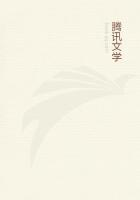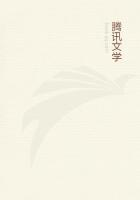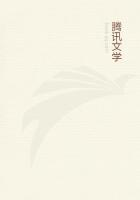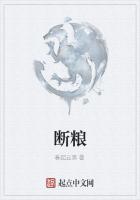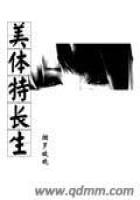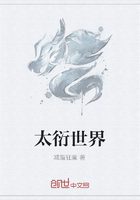As to the deion given by Nuniz of the offensive armour of the elephants,which are stated to have gone into battle with long swords like scythes attached to their trunks,the story is confirmed by many other writers.
Firishtah's Narrative.
Firishtah's account of the battle of Raichur is interesting,as it gives a deion of the affair from the enemy's point of view.Ismail Adil Shah marched "to recover Mudkul and Roijore from the roy of Beejanugger,who,gaining early intelligence of his designs,moved with a great force,and stationed his camp on the bank of the Kistnah,where he was joined by many of his tributaries;so that the army amounted at least to 50,000horse,besides a vast host of foot.The sultan would now have delayed his expedition,as the enemy possessed all the ferries of the Kistnah,but that his tents were pitched,and it would have been disgraceful to retract from his declarations He therefore marched with 7000horse,all foreign,and encamped on the bank of the river opposite to the enemy,waiting to prepare floats to cross and attack them.
"Some days after his arrival,as he was reposing in his tent,he heard one of the courtiers without the skreens reciting this verse:
--'Rise and fill the golden goblet with the wine of mirth before the cup itself shall be laid in dust.'The sultan,inspired by the verse,called his favourites before him,and spreading the carpet of pleasure,amused himself with music and wine.When the banquet had lasted longer than was reasonable,and the fumes of the wine had exercised their power,a fancy seized the sultan to pass the river and attack the enemy....Warm with wine he resolved to cross immediately,and mounting his elephant,without ****** his intentions known,proceeded to the river,as if to reconnoitre,but suddenly gave orders for as many of his troops as could to go upon the rafts,and others to follow him on elephants through the river.The officers represented the folly and danger of precipitation;but the sultan,without reply,plunged his own elephant into the stream,and was followed involuntarily by the amras and their followers;on about 250elephants.
"By great good fortune,all reached the opposite shore in safety,and as many troops as could cross on the floats at two embarkations had time to arrive,when the enemy advanced to battle in so great force as excluded every probable hope of escape to the sultan,who had not more than 2000men ready to oppose 30,000.The heroes of Islaam,animated with one soul,made so gallant a resistance that about a thousand of the infidels fell,among whom was Sunjeet Roy,the chief general of Beejanuggur;but at last,harassed beyond all power of opposition by cannon-shot,musquetry,and rockets,which destroyed near half their numbers,the survivors threw themselves into the river in hopes of escaping,and Nursoo Bahadur and Ibrahim Bey,who rode on the same elephant with Ismaeel Adil Shaw,drove the animal across the stream,but so great was the current,that except the royal elephant and seven soldiers,all the rest were drowned.The sultan's rashness was heavily punished by so great a loss.He took a solemn vow never to indulge in wine till he had revenged his defeat;and then,throwing away despair,busied his mind in repairing this unfortunate miscarriage.
"As Mirza Jehangeer had fallen in the action,the sultan consulted with Assud Khan on what measures would be best to take in the present crisis of his affairs.Assud Khan replied,that as his loss was great and the troops dispirited,it would be better for the present to retreat to Beejapore.The sultan approving the advice,marched from the Kistnah to Beejapore,and conferring the dignity of Sippeh Sallar[243]on Assud Khan,added several districts to his jaghire,and made him his principal adviser in all important affairs."Comparison of Accounts.
Comparing this account with that given by Nuniz,there can,I think,be little doubt that both stories refer to the same event,though there are of course several discrepancies.The origin of the war is related differently.Firishtah states that on the arrival of the Sultan at the river-bank he found the Hindu army encamped on the opposite side;he crossed,after a few days'delay,with a small force,and was driven into the river.Nuniz says that Krishna Deva Raya heard of Ismail Adil's arrival on the river-bank while he himself was in camp at Raichur,fifteen miles away;and that he advanced and gave battle nine miles from the river,in the end driving the enemy across.But taking the two narratives as a whole,there are too many points of coincidence to leave any doubt in the mind that each chronicler is writing of the same event.
As to which of the two is more accurate it is impossible now to decide.But considering that Nuniz wrote only fifteen years afterwards,and that there were Portuguese present at the battle,some of whom Nuniz may have personally consulted as to what took place,it would seem more reasonable to trust in him rather than in a Muhammadan historian who did not compile his work till after an interval of sixty years.Moreover,there are some inherent improbabilities in Firishtah's narrative.


